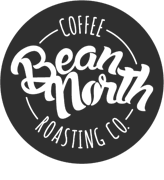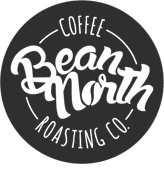Organic Practices
What is Organic?
Organic is the only type of agriculture with a set of principles that puts nature first. These principles are enshrined in industry-developed standards approved by consumers and verified annually by third party organizations. As of 2009, federal organic standards are now backed by government regulations and oversight.
Organic standards are based on seven general principles:
-
Protect the environment, minimize soil degradation and erosion, decrease pollution, optimize biological productivity and promote a sound state of health.
-
Maintain long-term soil fertility by optimizing conditions for biological activity within the soil.
-
Maintain biological diversity within the system.
-
Recycle materials and resources to the greatest extent possible within the enterprise.
-
Provide attentive care that promotes the health and meets the behavioural needs of livestock.
-
Prepare organic products, emphasizing careful processing, and handling methods in order to maintain the organic integrity and vital qualities of the products at all stages of production
-
Rely on renewable resources in locally organized agricultural systems.


 For more information on the Canadian organic standards, please
For more information on the Canadian organic standards, please